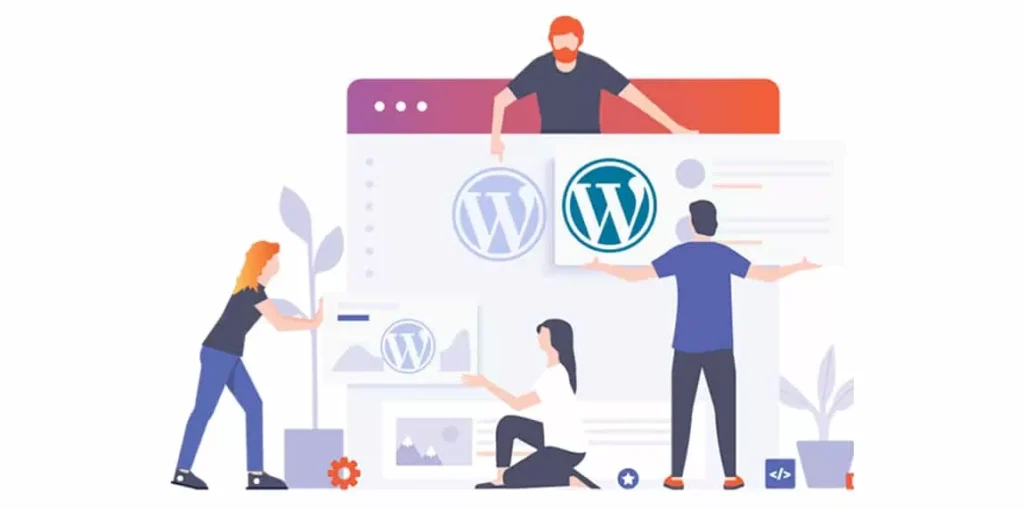Website maintenance is a critical aspect of managing a successful online presence. However, traditional website maintenance processes can be time-consuming and require technical expertise. Content Management Systems (CMS) have emerged as a powerful solution for simplifying website maintenance tasks. In this blog post, we will explore the benefits of using a CMS and how it streamlines the management and upkeep of your website.
1. Intuitive Content Creation and Publishing:
A CMS simplifies the process of creating and publishing content on your website. With a user-friendly interface, you can easily add, edit, and format text, images, and videos. CMS platforms offer intuitive content editors that require no coding knowledge, enabling anyone with basic computer skills to manage website content effectively. This empowers you to quickly update your website with fresh content, ensuring it remains relevant and engaging to your audience.
2. Centralized Content Management:
A CMS centralizes your website’s content management, making it easier to organize and maintain. You can create a logical structure by organizing content into categories, tags, or sections. This centralized approach ensures consistency across your website, making it easier for users to navigate and find information. Additionally, CMS platforms offer version control, allowing you to track changes, revert to previous versions, and collaborate with team members on content creation.
3. Streamlined Design Updates:
Website design updates often require technical skills and can be time-consuming. With a CMS, design updates are simplified through the use of themes or templates. CMS platforms offer a wide range of pre-designed themes that can be customized to match your brand identity. This eliminates the need to start from scratch and significantly reduces the time and effort required to update the design of your website. Additionally, design changes can be applied universally across your site, ensuring consistency in the user experience.
4. Plug-in and Extension Integration:
CMS platforms provide a vast library of plug-ins and extensions that extend the functionality of your website. Whether you need to add a contact form, integrate social media feeds, or enhance SEO capabilities, CMS plug-ins and extensions offer easy integration without the need for complex coding. This allows you to customize your website and add new features or functionalities as your business needs evolve, all without having to hire a developer.
5. User Permissions and Workflow Management:
Managing user permissions and workflow is crucial, especially for websites with multiple content contributors or team members. A CMS offers granular control over user access, allowing you to assign different roles and permissions to ensure proper content governance. Workflow management features enable you to establish content approval processes, ensuring quality control and preventing unauthorized content changes. This streamlines collaboration and provides a secure environment for managing your website.
6. Search Engine Optimization (SEO) Tools:
Effective SEO is vital for driving organic traffic to your website. CMS platforms often include built-in SEO tools or offer plug-ins that simplify SEO optimization. These tools assist in optimizing meta tags, creating search engine-friendly URLs, generating XML sitemaps, and providing recommendations to improve your website’s SEO performance. With integrated SEO features, you can enhance your website’s visibility and reach more potential customers.
7. Regular Updates and Security:
Website maintenance includes staying up-to-date with software updates and ensuring the security of your website. CMS platforms regularly release updates that address security vulnerabilities and add new features. By using a CMS, you benefit from automatic updates that keep your website secure and running smoothly. Additionally, CMS platforms have dedicated security measures, such as user authentication and access controls, to protect your website from unauthorized access and malicious attacks.
Content Management Systems have revolutionized website maintenance by simplifying content creation, streamlining design updates, integrating plug-ins and extensions, managing user permissions, offering SEO tools, and ensuring regular updates and security. By leveraging a CMS, you can maintain your website effectively, reduce dependence on technical expertise, and have more control over your online presence. Embrace a CMS solution and simplify website maintenance, allowing you to focus on delivering an exceptional user experience and achieving your business goals.







